Beyond Timur and Amur: Symbols of Russian zoos
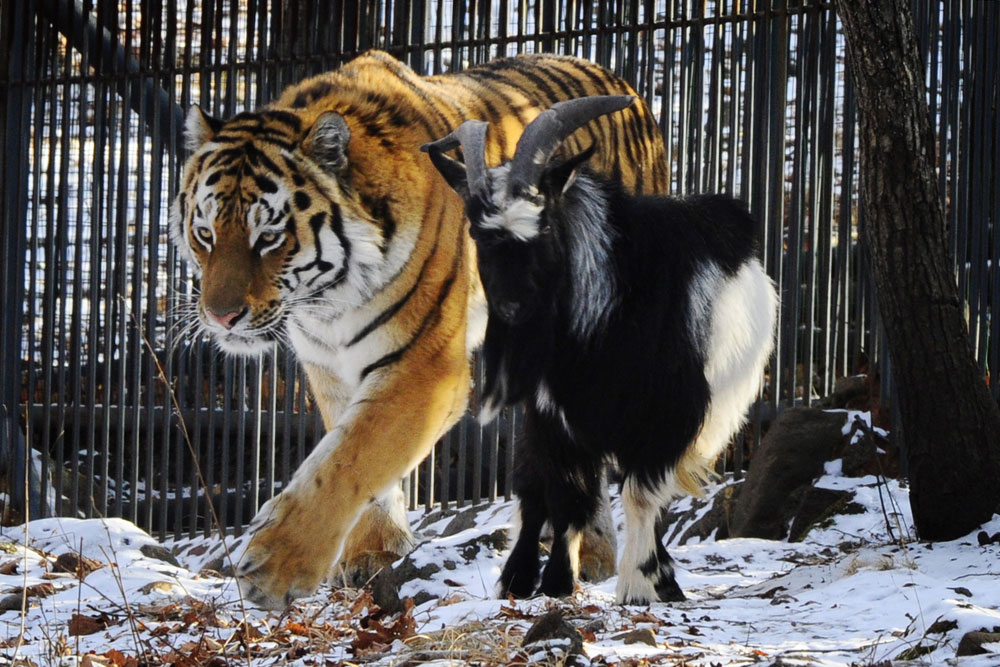
The friendship between the tiger Amur and the goat Timur, living together in a safari park outside the Russian Pacific port city of Vladivostok, has been covered by almost all global media.
Yury Smityuk/TASS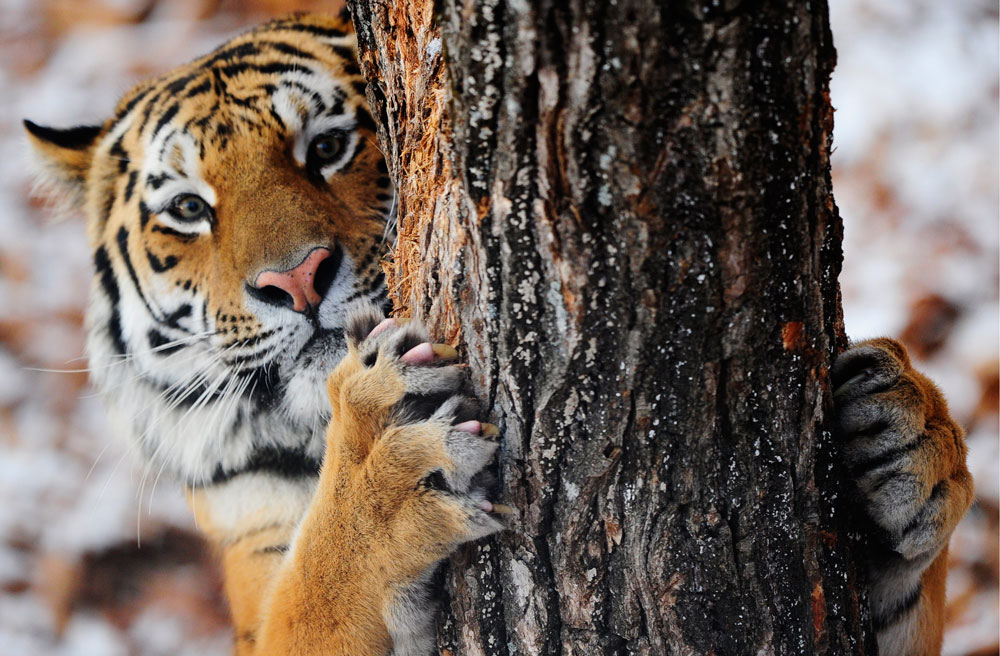
Despite the fact that the buddies are currently separated, Timur and Amur have become symbols of the Far East region, and perhaps one of the most recognizable Russian brands.
Yury Smityuk/TASS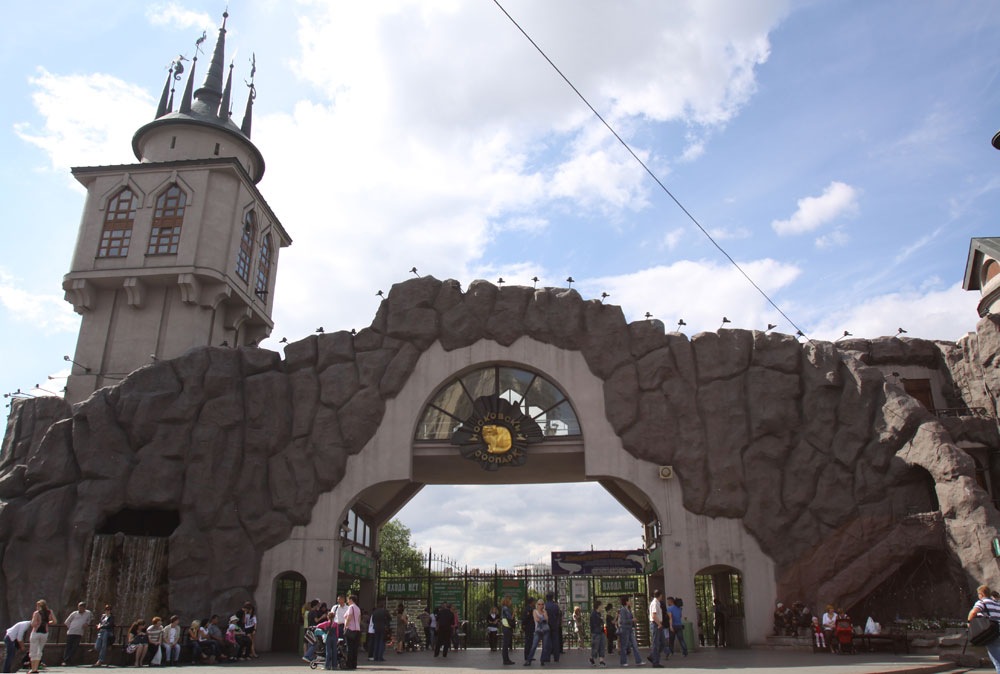
Other Russian zoos have their own symbols as well. Founded in 1864, Moscow Zoo is one of the oldest in the country.
Vyatcheslav Prokofyev/RIA Novosti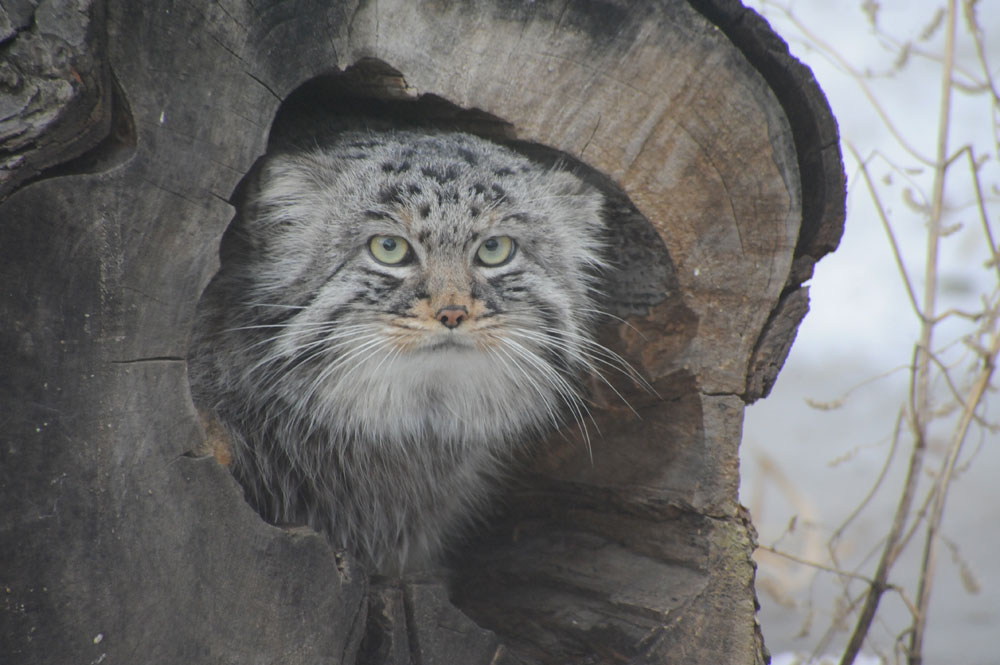
30 years ago the zoo chose its resident manul (Pallas’s cat), a rare Central Asian wild cat, as its symbol. A non-trivial decision.
Press photo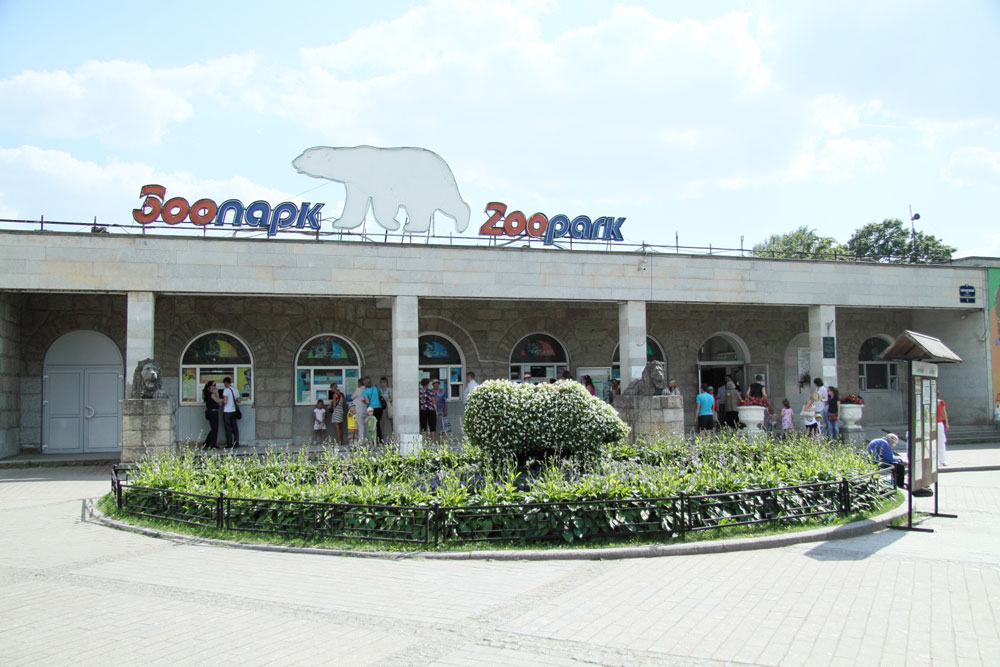
Leningrad Zoo in St.Petersburg is just a year younger than its cousin in Moscow.
Press photo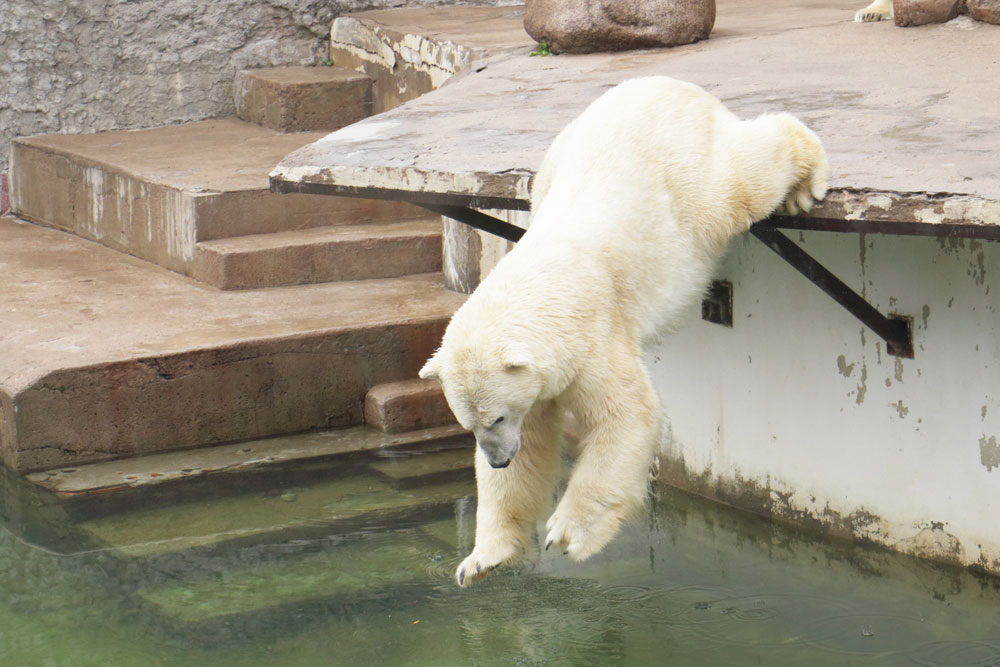
In the 1930s it was the first zoo where polar bears mated in captivity.
Press photo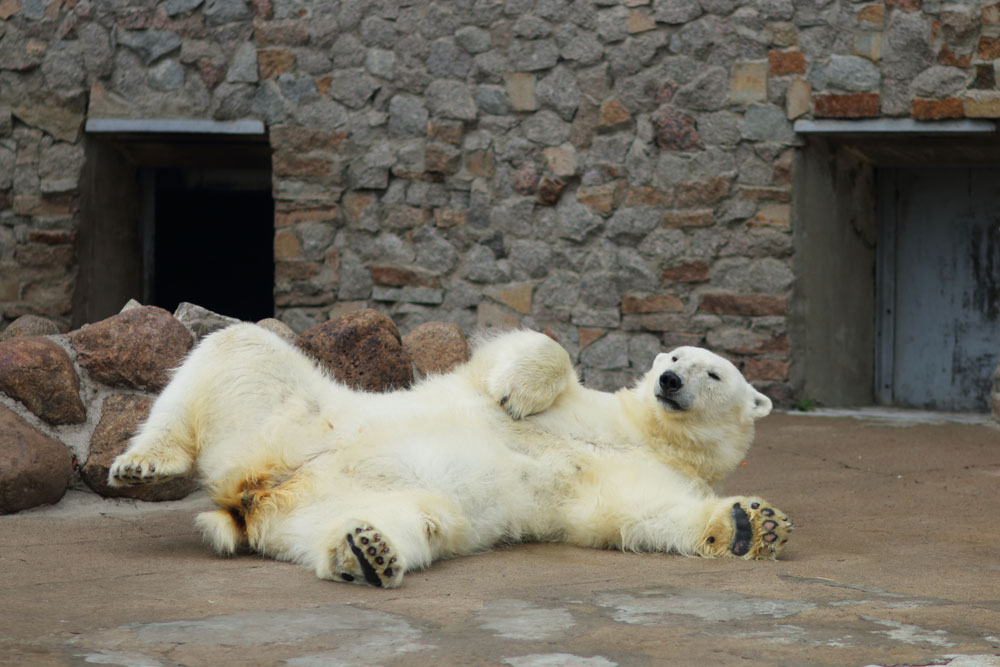
The choice of symbol was obvious.
Press photo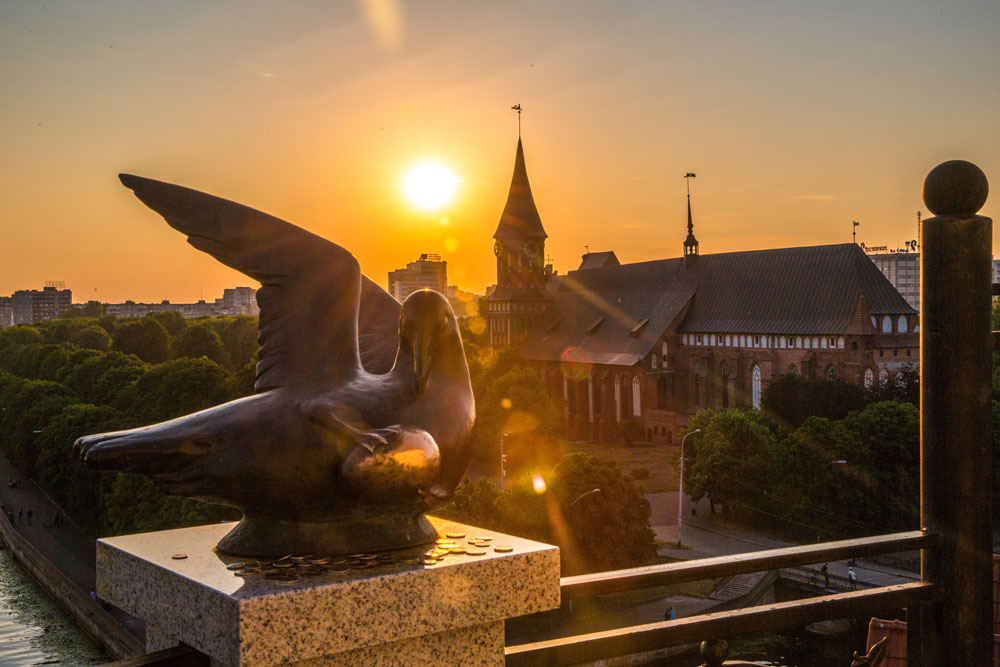
Kaliningrad (formerly Königsberg) Zoo underwent hard times during WWII. //A view of Königsberg Cathedral
Ruslan Shamukov/TASS
Only four animals survived the war, among them was the hippopotamus Hans, who was saved by the Soviet vet Vladimir Polonsky.
Press photo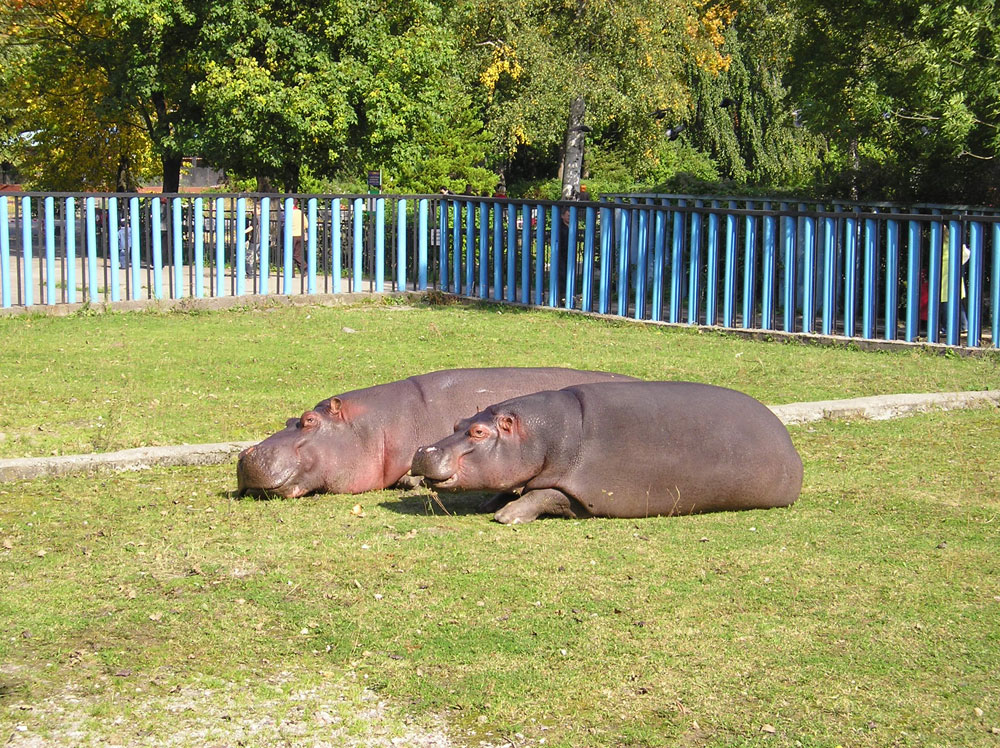
The zoo now is home to several hippos, which are officially the symbols of the zoological garden.
Press photo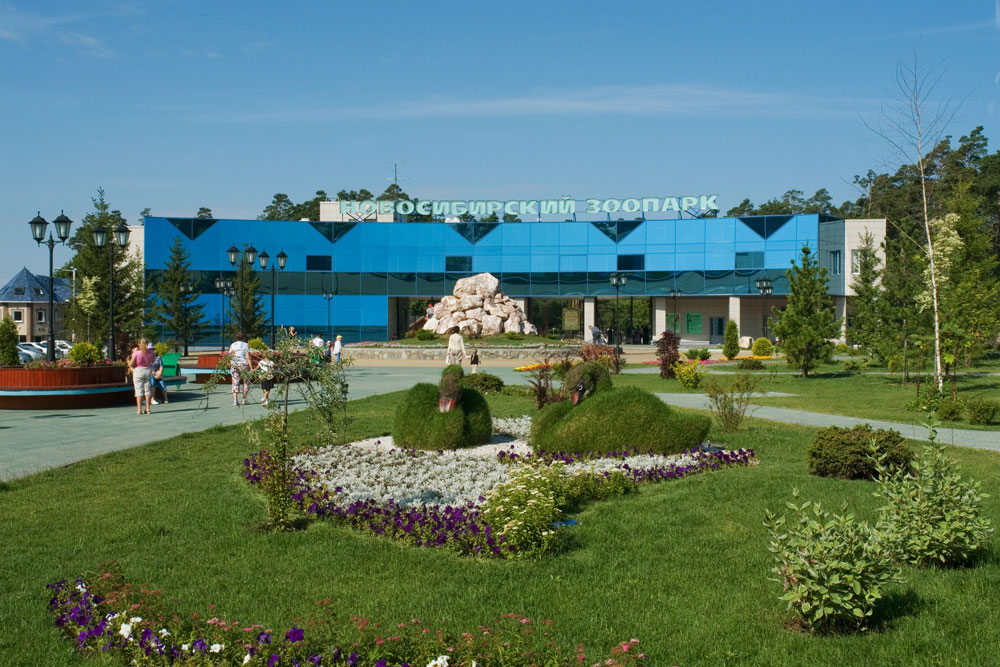
Novosibirsk Zoo in Western Siberia is one of Russia's largest (63 ha or 155 ac) and most populated wildlife parks.
Press photo
Its mascot is the gorgeous snow leopard.
Press photo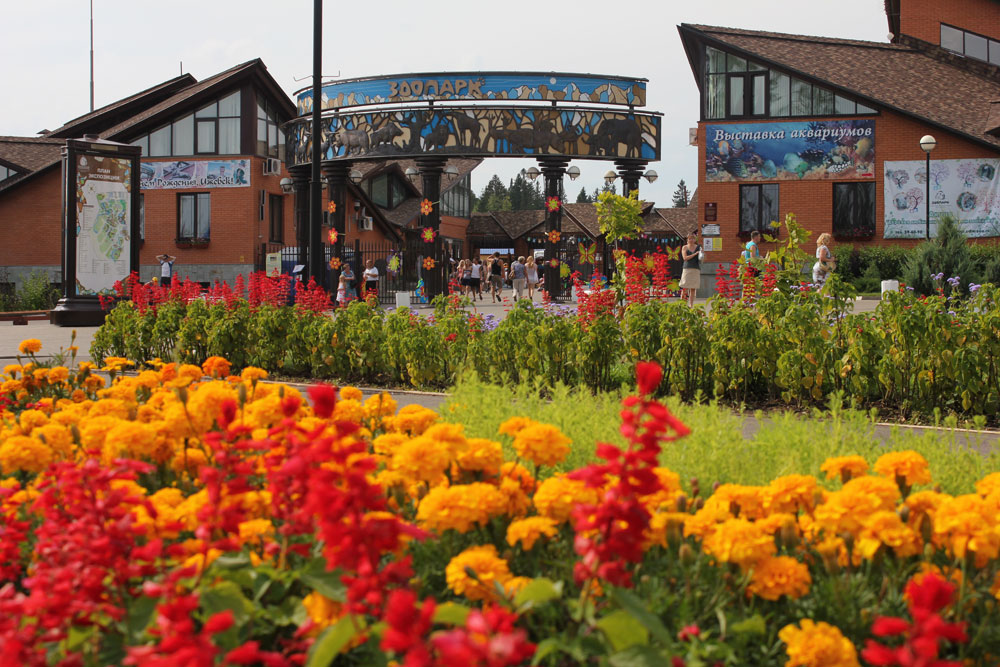
Founded in 2008, the zoo in Izhevsk (around 1000km east of Moscow) is still very young, but already boasts some rare species.
Press photo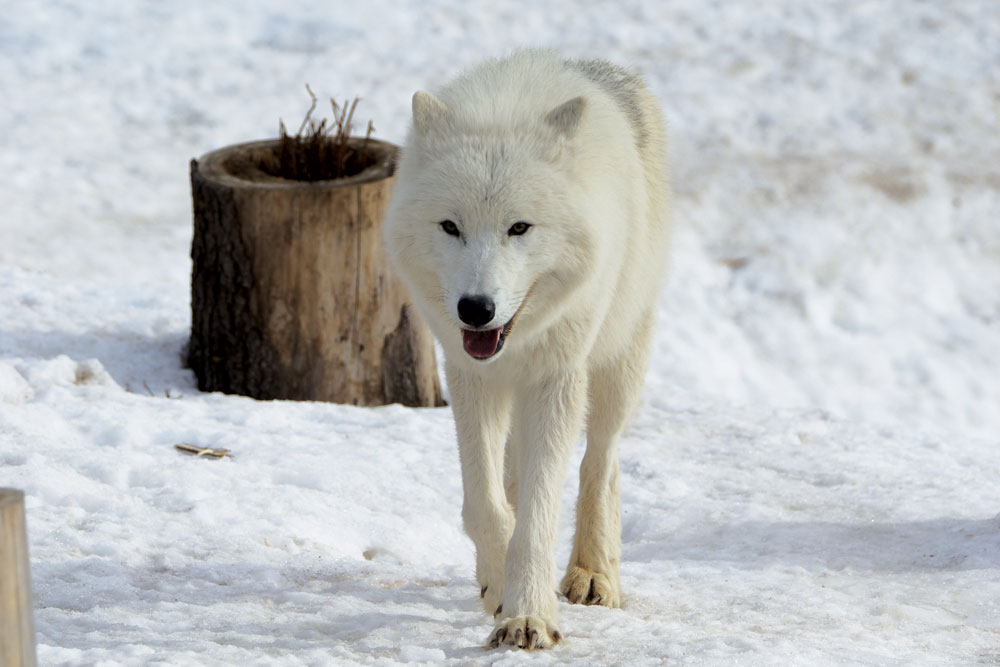
It is the only place in Russia to hold white arctic wolves. No wonder this harsh yet beautiful beast is the zoo's symbol.
Press photoSubscribe
to our newsletter!
Get the week's best stories straight to your inbox